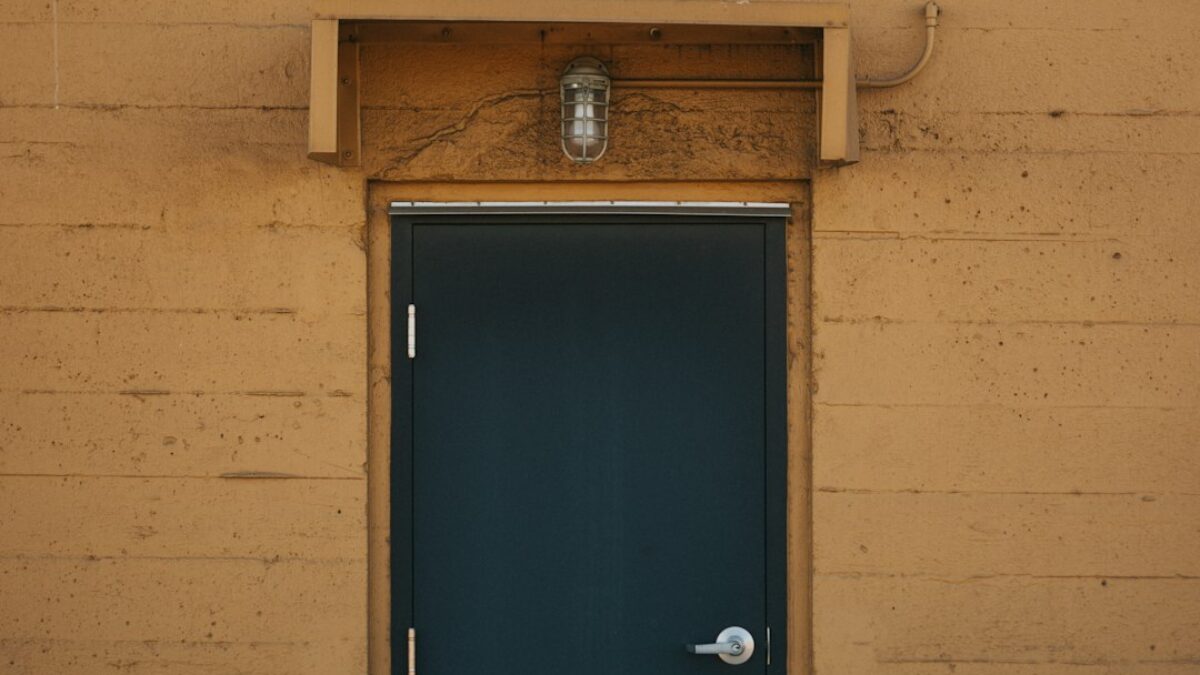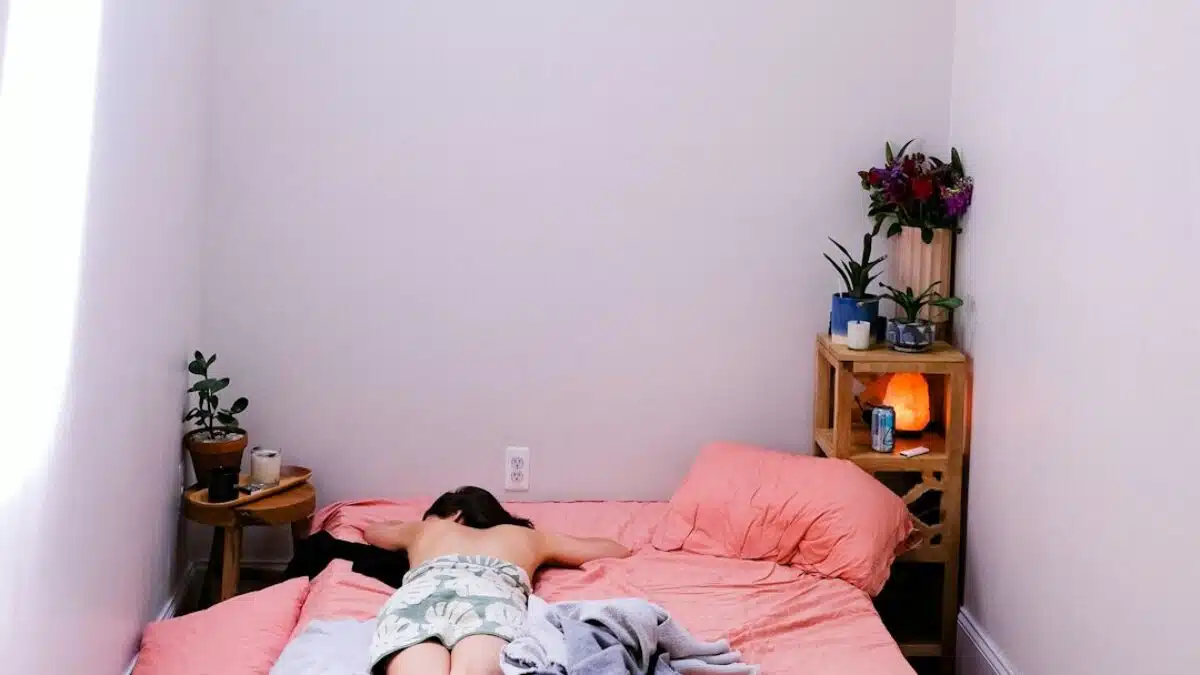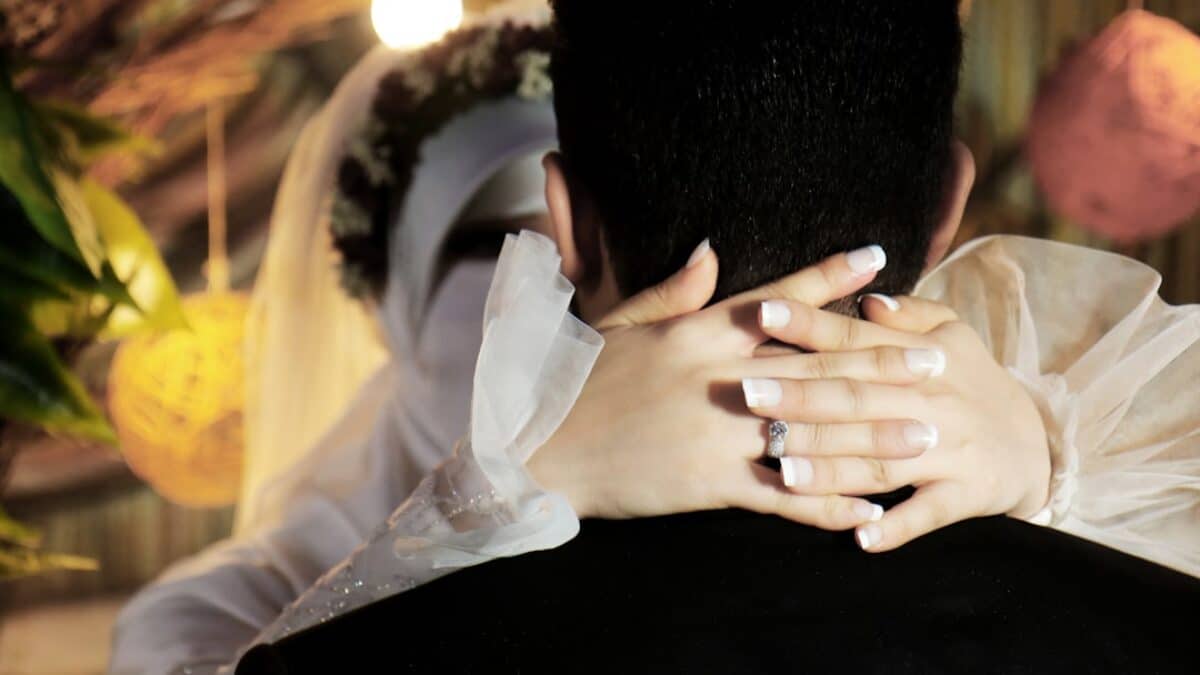Stepping across the threshold of our homes is more than a physical act—it is a spiritual transition that can either invite blessings or expose us to hidden harms. The Prophet Muhammad ﷺ taught concise yet power-packed supplications for entering and leaving the house, turning these everyday moments into opportunities for protection, gratitude, and barakah (divine blessing). This guide unpacks the Arabic wording, English meanings, pronunciation tips, and practical routines you can adopt so that every departure and arrival reinforces your connection to Allah and shields your household from physical and spiritual dangers.
Understanding the Concept of Home in Islam
In Islamic teachings, the home is not merely four walls—it is a miniature masjid, a sanctuary for worship, and the first school of faith for children. The Qur’an refers to homes as “places where Allah’s name is remembered morning and evening” (Surah An-Nur 24:36). Consequently, every entry and exit is a sacred transaction that can either elevate the household or open it to negative influences.
The Spiritual Significance of Doors and Thresholds
- Doors symbolize transition—from the public space to private space, from the hustle of dunya to the calm of ibadah.
- The threshold (atabah) is where angels either enter—if Allah’s name is mentioned—or turn away when forgotten.
- By reciting specific duas, we seal the house with divine protection when leaving and unlock mercy when entering.
Key Components of the Duas for Entering and Leaving Home
Arabic Text, Transliteration, and Translation
Below are the authentic narrations compiled from Sahih sources. Each dua is presented in a mini-table for quick reference.
| Occasion | Arabic | Transliteration | English Meaning | Source |
|---|---|---|---|---|
| Entering Home | بِسْمِ اللَّهِ وَلَجْنَا، وَبِسْمِ اللَّهِ خَرَجْنَا، وَعَلَى اللَّهِ رَبِّنَا تَوَكَّلْنَا | Bismillāhi walajnā, wa bismillāhi kharajnā, wa ʿalā Allāhi Rabbinā tawakkalnā. | In the name of Allah we enter, and in the name of Allah we leave, and upon our Lord Allah we rely.Abu Dawud 5096 | |
| Leaving Home | بِسْمِ اللَّهِ، تَوَكَّلْتُ عَلَى اللَّهِ، وَلَا حَوْلَ وَلَا قُوَّةَ إِلَّا بِاللَّهِ | Bismillāhi, tawakkaltu ʿalā Allāhi, wa lā ḥawla wa lā quwwata illā billāh. | In the name of Allah, I place my trust in Allah; there is no power or strength except with Allah.Tirmidhi 3426 |
Extra Supplements for Added Protection
- Ayat al-Kursi once before locking the door—serves as an impenetrable shield.
- Surah Al-Ikhlas, Al-Falaq, and An-Nas three times each—especially if traveling far.
- Salawat (Durood) upon the Prophet ﷺ—opens the doors of mercy.
Practical Pronunciation Tips
- Focus on ghunnah (nasalization) in bismillāhi and wa lā ḥawla.
- Pause slightly after each clause—this reflects husn al-talqeen (proper recitation).
- Recite audibly but softly; loud enough for the household to hear and learn, quiet enough to maintain khushoo’.
Benefits and Importance of Reciting These Duas
Spiritual Benefits
- Automatic Dhikr—turns mundane actions into acts of worship.
- Increased Barakah—the Prophet ﷺ said, “When a man enters his house and mentions Allah, the shaytan says to his troops: ‘You have no place to stay tonight.’” (Muslim 2018).
- Peaceful Home Atmosphere—frequent mention of Allah repels arguments and negative energy.
Physical and Psychological Benefits
- Lower stress levels—research on mindfulness shows that short, repetitive phrases calm the nervous system; the Islamic dua achieves this while adding spiritual value.
- Enhanced security mindset—repeatedly entrusting safety to Allah reduces anxiety about locks, alarms, and external threats.
- Family bonding—children who hear these duas daily subconsciously memorize them, embedding prophetic habits early on.
Practical Applications: Building a Daily Routine
Morning Departure Checklist
Before you pick up your car keys:
- Perform wudu (ablution) or at least rinse mouth and hands—physical cleanliness precedes spiritual.
- Stand facing the door, raise right hand, and recite the dua for leaving.
- Recite Ayat al-Kursi once.
- Lock the door consciously; visualize it as sealing the house with Allah’s protection.
Evening Arrival Ritual
- Before inserting the key, pause and say bismillah audibly.
- Upon entering, greet the household with as-salamu ‘alaykum—even if no one is home, the angels respond.
- Recite the dua for entering while stepping inside.
- Perform two rak’ahs of Tahiyyatul-Masjid (or at least two quick rak’ahs of gratitude) within the first ten minutes—transforming the home into a living masjid.
Teaching Children and Guests
Create a door poster with Arabic, transliteration, and cute icons. Visually attractive aids work wonders:
- Use color-coding: green for entering, blue for leaving.
- Place the poster at child-eye level in the hallway.
- Organize a weekly dua competition: whoever remembers the dua without prompting gets to place a star sticker next to their name on the chart.
Digital Reminders
Most of us leave our phones behind only to rush back for forgotten items. Turn this habit into a virtue:
- Set a location-based reminder on your smartphone to pop up the dua text as soon as you step outside the geofence of your house.
- Use IFTTT or Shortcuts to trigger a voice memo recitation at the exact moment you lock the door.
- Share the dua in family WhatsApp groups every morning; the visual repetition keeps it fresh.
Common Mistakes and How to Avoid Them
Rushing the Recitation
Many people mumble the dua while already halfway down the driveway. Instead:
- Practice the STOP method: Say the dua, Take one deep breath, Observe the doorway, Proceed.
- Place a small foot mat with the dua printed on it; stepping on the mat triggers memory.
Incorrect Pronunciation
Arabic letters like Ḍād and Ṭā can change meaning if mispronounced. Solution:
- Download Qur’an apps with slow recitation mode.
- Record yourself and compare with a qualified reciter.
- Attend weekend tajweed circles at the local masjid—often free and family-friendly.
Forgetting When Carrying Items
Hands full of grocery bags? Try this hack:
- Attach a small laminated dua card to the inside of your front door at eye level.
- As you balance the last bag, reading the card is only a glance away.
Frequently Asked Questions
What if I forget the dua once in a while?
Forgetting occasionally does not nullify your protection. Allah is Ar-Rahman, the All-Merciful. Make istighfar (seek forgiveness) and resume the practice. The Prophet ﷺ said, “Verily Allah has pardoned my nation for what they forget, what they are coerced into, and what they do out of error.” (Ibn Majah 2043).
Can women recite the duas aloud?
Yes, in the privacy of home or among family, women may recite aloud. In public mixed gatherings, a subdued voice preserves modesty but should not prevent the recitation itself.
Is there a specific number of times to recite each dua?
The narrations specify once for the main duas. For extra protection, reciting Ayat al-Kursi once is recommended. Over-repetition without understanding can lead to ritualistic boredom rather than mindfulness.
Should non-Arabic speakers learn the Arabic or just English?
Learning the Arabic is strongly encouraged because words of revelation carry barakah that translations cannot replicate. Start with transliteration and gradually adopt the Arabic letters; the tongue adapts surprisingly quickly.
What if my doorway faces the bathroom?
Islamic etiquette advises not to recite Qur’an or duas directly facing an open bathroom. Take one step sideways or close the bathroom door before reciting.
Can I add my own personal requests in my language?
Absolutely. After the prophetic dua, you may add personal needs in any language. For instance: “O Allah, let me return to my family safely and grant my children righteous company today.”
How do I keep the routine alive while traveling?
- Carry a pocket dua booklet or save the text as your phone’s lock-screen wallpaper.
- Teach roommates or hotel staff the greeting of as-salamu ‘alaykum; their response reinforces your own practice.
- Remember that a traveler shortens prayers—likewise, the dua remains the same regardless of location.
Conclusion
Reciting the powerful duas for entering and leaving home is a small investment of seconds that yields lifelong dividends in protection, peace, and prophetic connection. By embedding these concise Arabic phrases into the rhythm of your day, you transform an ordinary doorway into a portal of barakah, and every outing into a journey safeguarded by divine guardianship. Begin today: write the duas on a sticky note, place it on your door, and let the next time you step outside be the first of countless moments infused with Allah’s mercy and grace.
























Post Comment